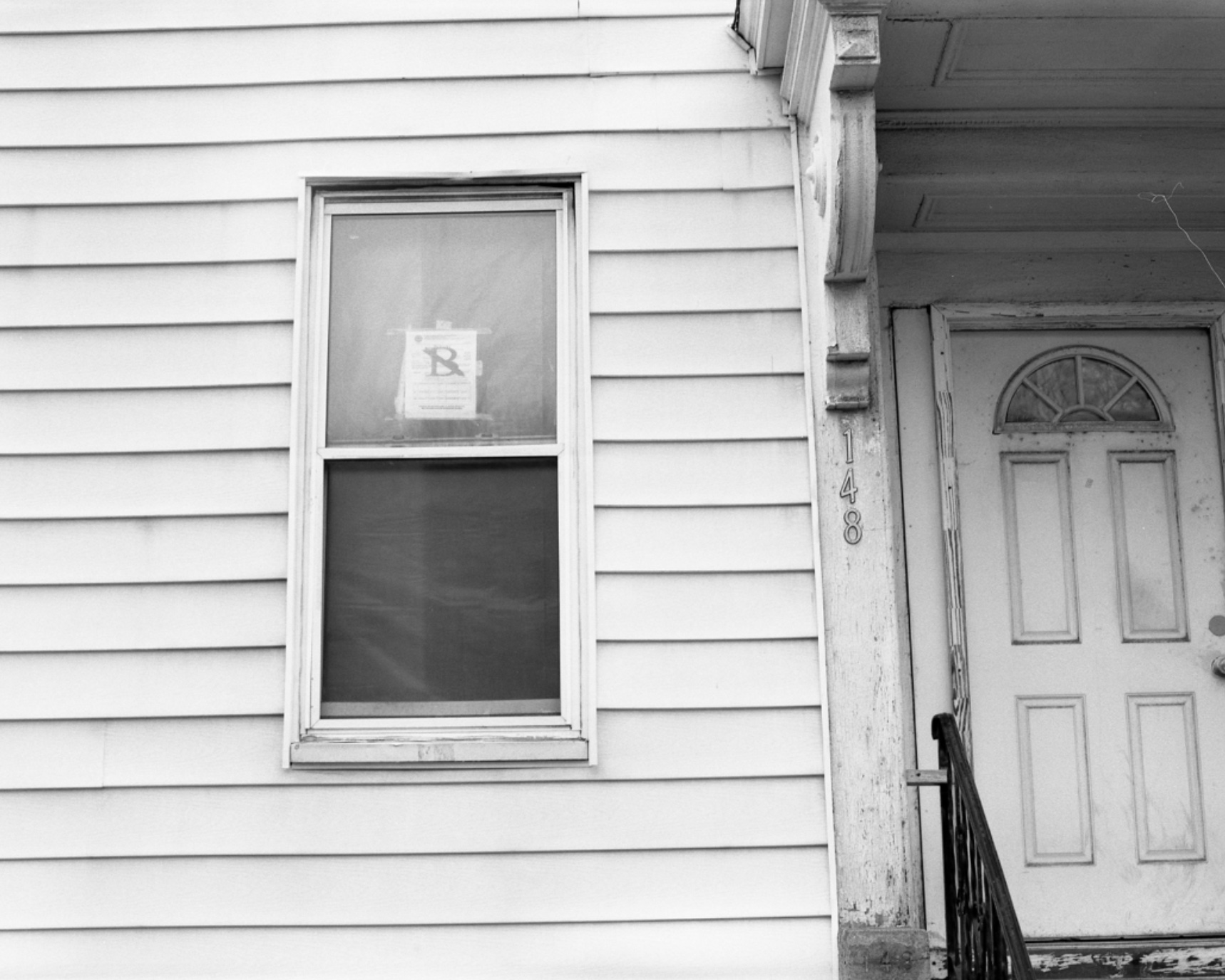A short sale or foreclosure is one of the worst things that can happen to a place you have happily lived in. It’s all about compromise, and making the best of a bad situation.
If you are concerned about the tax consequences of short sale and a foreclosure of your home, then you already have resolved the issues about how this will affect your credit rating, ability to pay on owed tax, and where you will live after losing your home. Also, you have already determined a loan modification, loan restructuring, or having private mortgage insurance will not work.
First, you should be familiar with the difference between a short sale and a foreclosure. The following describes the difference:
- Short sale
You sell your home before the bank seizes your home involuntarily. In a short sale you have indicated to the bank you will not be able to pay off the mortgage after selling your home. The bank may cancel your deficiency to pay the mortgage if you show the lending bank your justification to sell your home by presenting, for example, monthly negative cash flow, loss of job, divorce, or the lack of liquid assets. Here you will most likely get a higher selling price for your home than from the foreclosure situation below. However, The bank must approve a short sale because the bank has lien on the home.
First you have to ask what is pre foreclosure? This is the beginning of the foreclosure process where at least 3 consecutive mortgage payments have been missed. This where communication with the bank or lender can make all the difference with further procedures.
- Foreclosure
After extended missed mortgage payments, exhaustion of government, or covid relief, the bank will then seize your home and cancel your mortgage obligation automatically. Here, you have no input to the selling price of the home because it’s a “toxic” asset to the bank and they will just auction your home at whatever the bid offer comes in, not with the benefit of market competition that would give you more money against the remaining mortgage obligation.
Tax Consequences if you Short Sell or Foreclose on Your Home
There is a short sale tax liability: Bank debt cancellation is taxable as ordinary income. The difference between what the home sells for, short or foreclosure, and the outstanding mortgage balance is considered as income by the IRS. The remaining loan owed on the home originally now is considered income, because it was money that went to buy the home as if it were money you earned instead of loaned. For example, Suppose you owe $300,000 on your mortgage and short sale for the home is $250,000, the bank will report $50,000 of canceled debt
Foreclosure Taxes
As stated above, whatever you owe on the mortgage will be considered income and the bank will report a 1099-C (Cancellation of Debt) to the IRS. You must reflect this in your tax return as well. Your meetings with the bank will help you know exactly what you need to do when filing your tax return. Of course going to a tax professional or knowledgeable foreclosure lawyers are the best ways.
Capital Gains From a Short Sale
There is actual capital gain, it’s a loss that is considered income as stated above. Essentially the IRS wants you to participate in the loss, and carry some liability in this process. It has to be considered fair because the bank or lender, the government, and yourself, all have to share the loss. Because all of this is considered a gamble that the market value of a home always goes up. In these cases where home value decreased during ownership, the gamble doesn’t pay off, someone has to pay for the loss. The next time you consider buying a home, just give some thought to long term market conditions.
Is There a Way to Escape Taxes on a Short Sale?

You can look into the “Mortgage Forgiveness Debt Relief Act”. There is a good possibility you may qualify for that. The Act of 2007 permits you to avoid income from the discharge of debt on your residence. For example, debt can be reduced through mortgage restructuring, or mortgage debt eliminated with a foreclosure. This provision applies to debt forgiven in calendar years 2007 through 2017. The act does not apply if the debt cancellation is due to services performed for the lender or other causes not related to a reduction of the home’s value or your financial condition.
What are the Consequences of a Taxable Deficiency Judgement from Short Selling?
This is an unfortunate tactic a bank could do if there is a failure of communication. Short sale tax implications can be avoided if you have clear communication with the bank prior to doing anything with your home. Other methods are negotiating a waiver of the lender’s right to seek a deficiency Judgment or making a settlement offer. If all else fails, you can do the last thing, file for bankruptcy protection. It’s a desperate situation.
Covid Affect on Short Sales and Foreclosures
The CARES Act may be a solution to provide a delay on making payments. The Act does not allow any foreclosures before December 31, 2020, and you can seek relief from foreclosure from the banks for 180 days, and a single extension for another 180 days.
Summary of Points
- If you can’t afford your home, plan your steps out of it.
- Work with the lender or the bank prior to taking any action.
- Check for relief strategies.
- Be aware of the long term consequences of getting out of your home with debt.
A Philosophy to Take From All This
A short sale or foreclosure is one of the worst things that can happen to a place you have happily lived in. It’s all about compromise, and making the best of a bad situation. Careful planning and developing a strategy can give you the most promising outcome.
The housing market is not predictable anymore since 2008. Home ownership is still a place for security, but sometimes renting may have to be a last alternative when housing markets are unpredictable, and reliable income is not possible.


Join the conversation!